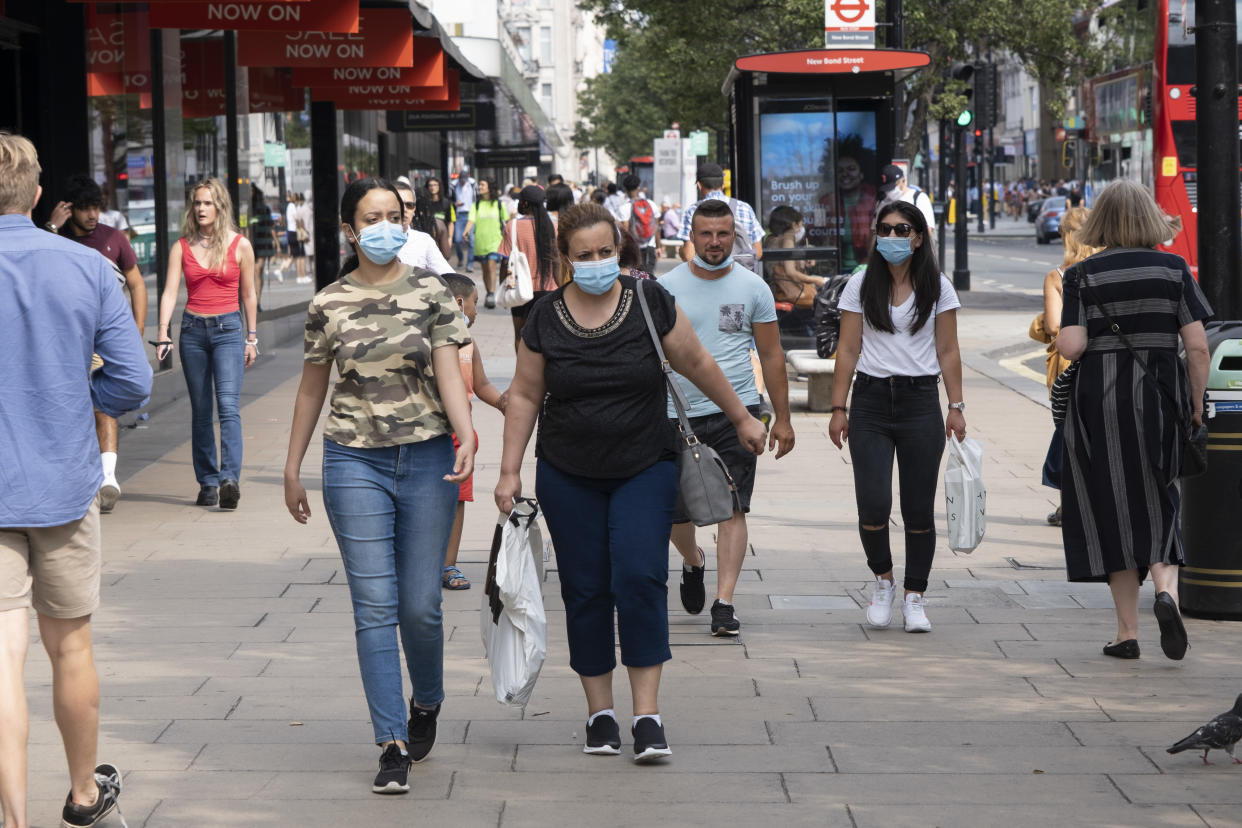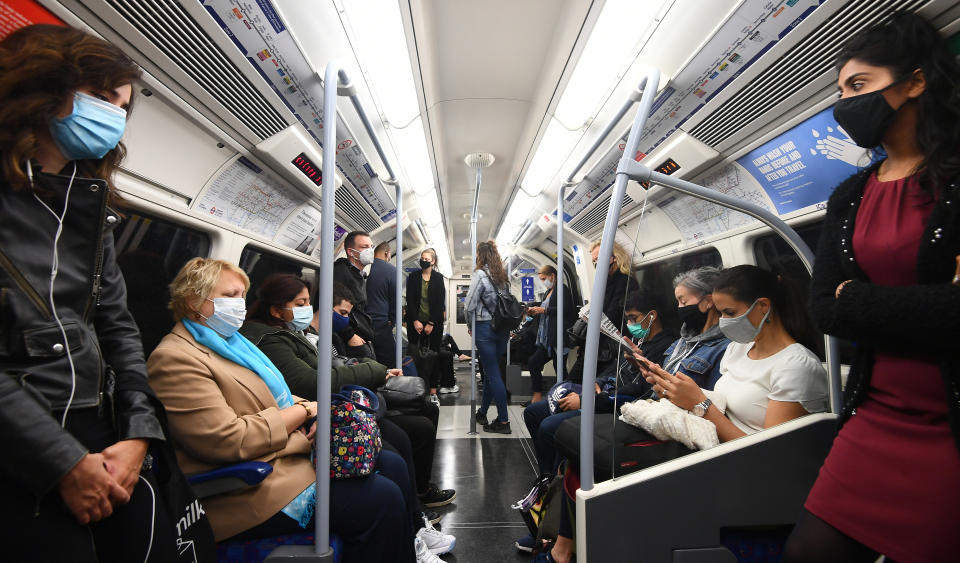Fears of second wave must not stop us getting back to normal, warns Oxford scientist

Fears of a second wave of coronavirus must not stop the UK from getting back to normal, an Oxford scientist has warned.
Professor Sir John Bell, regius chair of medicine at Oxford University, said Britain needs to stop being terrified by the COVID-19 virus and consider the damage already caused by the lockdown restrictions.
On Monday the number of new coronavirus cases rose to 2,948 in a 24-hour period.
It meant the UK had seen another significant spike in cases for the second day in a row after an increase of 3,287 new cases on Sunday - the highest daily increase since 22 May.
“The spike in infections reported in the past few days was to be expected as life slowly returns to our streets and workplaces,” Prof Bell wrote in the Daily Mail.
“They are concerning and, yes, we must be prepared for a second wave of COVID-19 while working hard to contain localised outbreaks to prevent it.
“We must not, however, let this hamper our efforts to return to normality.”
On Monday, England’s deputy chief medical officer, Professor Jonathan Van-Tam, said he was concerned the country had experienced a “big change” in infections.
He added: “We’ve been able to relax a bit over the summer, the disease levels have been really quite low in the UK through the summer but these latest figures really show us that much as people might like to say ‘oh well it’s gone away’ – this hasn’t gone away.
“And if we’re not careful, if we don’t take this incredibly seriously from this point in we’re going to have a bumpy ride over the next few months.”
Professor Van-Tam said the 17-21 age group had seen a “much more marked” rise in infections but there was also a more general trend upwards.

Prof Bell also said most of the new infections were among the young, who normally experienced moderate or no symptoms. But added we had not yet seen a jump in hospital admissions or deaths.
He urged the UK to “claim back our old lives” and get back on public transport, to offices and to concerts.
Professor Andrew Haywood, of UCL Epidemiology and Health Care, responded directly to Prof Bell on Radio 4 on Tuesday morning.
He said he was concerned a lot of restrictions, including a return to schools and universities, were being lifted at the same time we expect to see high levels of transmission.
He added: “I think we very much have to balance our return to normality.
“The thing that concerns me is that we low that respiratory infections spread most effectively in the winter and would normally peak over the winter months.”
Coronavirus: what happened today
Click here to sign up to the latest news, advice and information with our daily Catch-up newsletter

 Yahoo News
Yahoo News 
